Stop food waste! The Too Good To Go revolution, which unites business owners and consumers. Just one small click to make a big change.
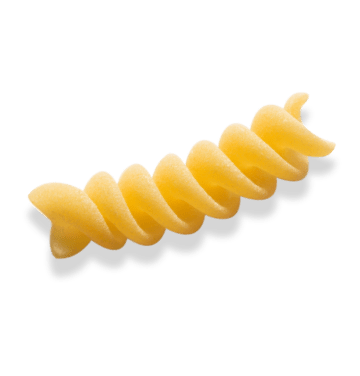

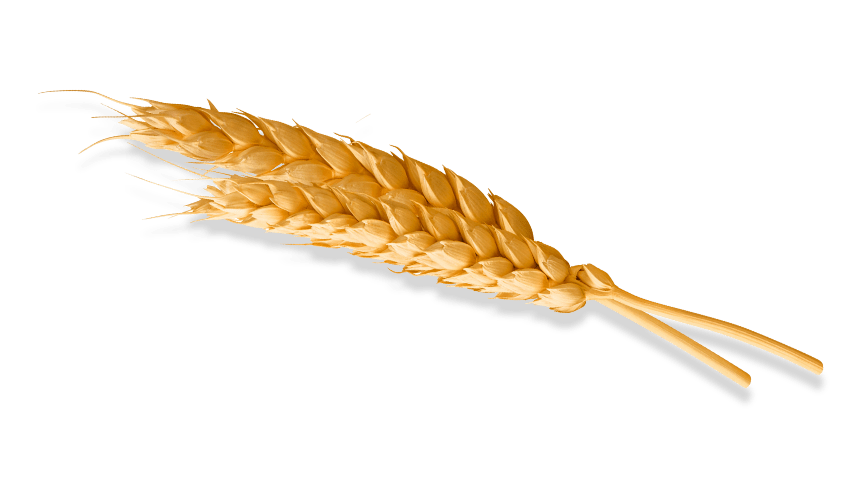

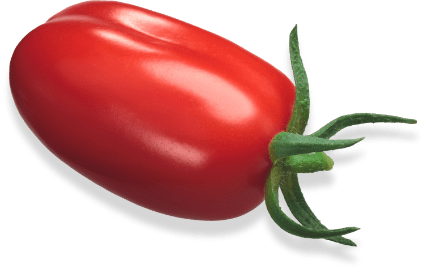
All of this in the form of fusilli, which collect, in their spirals, the thick, fragrant sauce we have made, or the creamy, inviting ready-made one from the manufacturer that seduced us in the supermarket aisle.
In short, sitting down at the table - if we pay attention and want to get carried away by our train of thought, far from screens and distractions, reconnecting with contemplation to what we are doing in this series of moments called a "meal" - is following a thread in a complex journey.
A journey rich in connections with the territory, references to the history of the ingredients that make up the dish, the techniques and discoveries that have determined the evolution of a dietary practice, hands that work, or, more and more often, machines that, with constant rhythm, plough, thresh, dry, sift, mill, knead, draw, maintain the ideal temperature, sense and calibrate the humidity of the area, handle goods, wrap, bag, box.
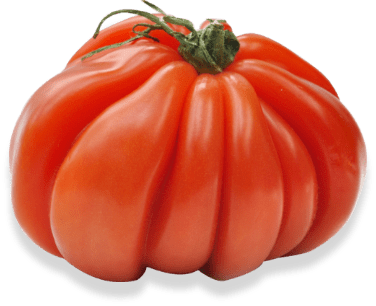


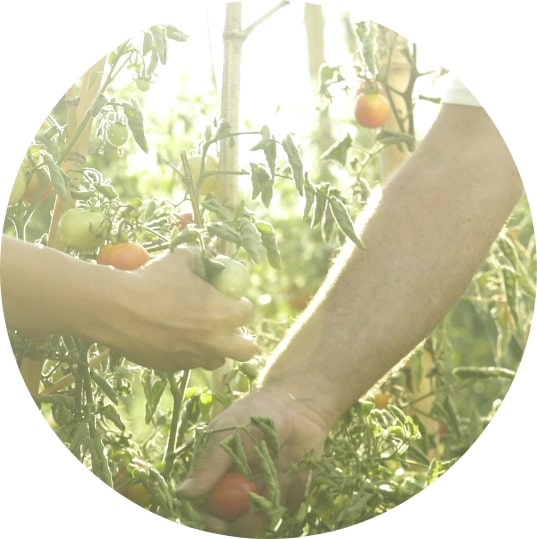
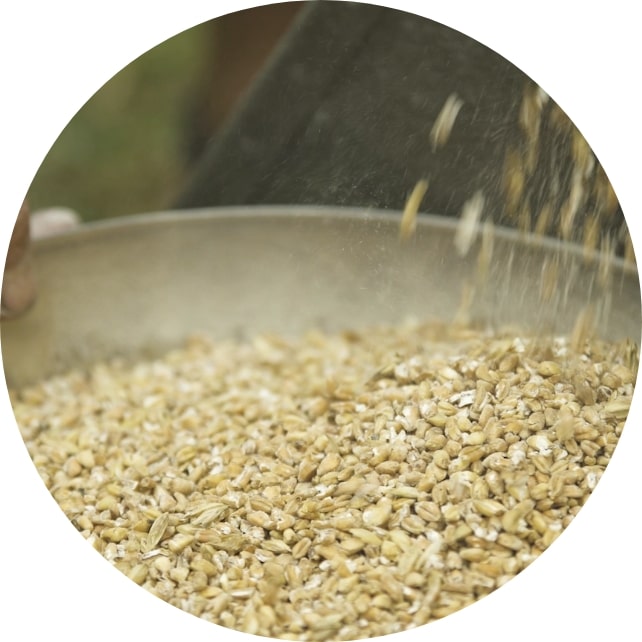
The material that fusilli is made from, and the fibres that make up the tissue of the tomatoes we have used to season our pasta are inseparably linked with the earth they were planted in, and the plants that grew and gave us, directly or indirectly, these fruits.
Each plant, the wheat and the tomato, is characterised by its seasonal patterns, to be respected or revolutionised - depending on the view that orientates the company's practices.
Each plant grapples with its need for water, either happily satisfied - by seasonal rains or advanced irrigation systems - or, as is more and more common, neglected due to climatic patterns that are becoming unpredictable: late frosts, prolonged periods of drought, violent rains on land that has become hydrophobic, and therefore unable to retain water.
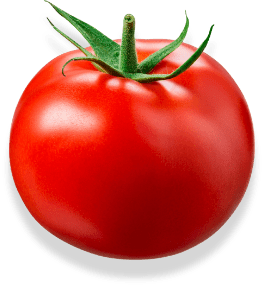


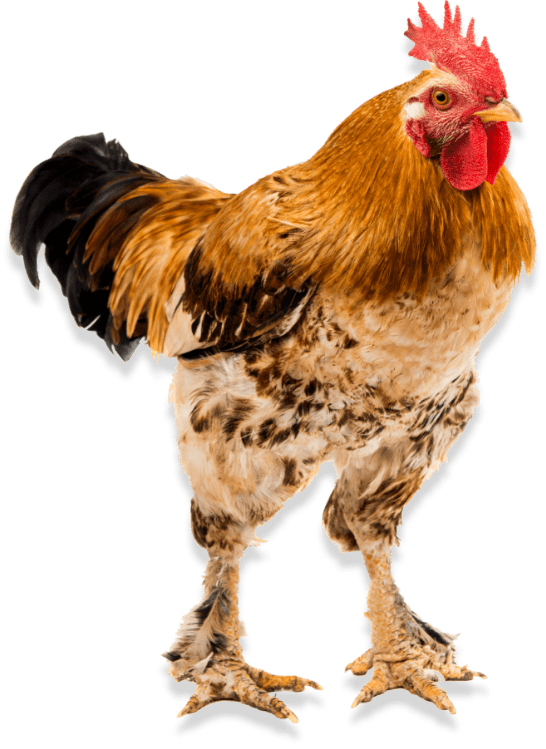
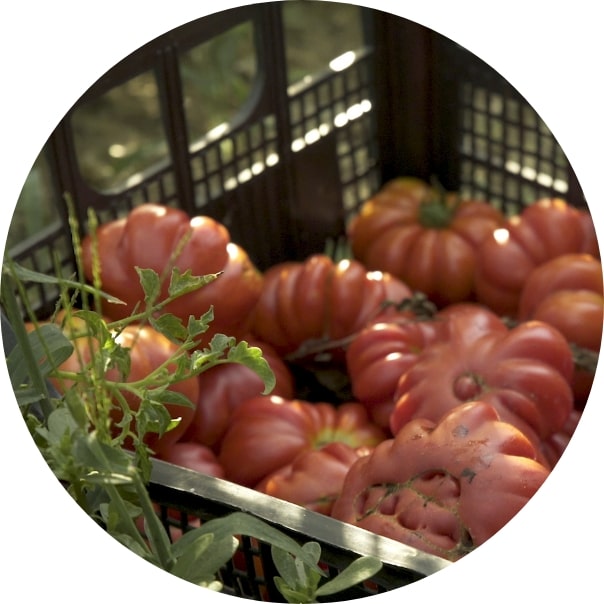
Every ingredient is connected to territorial elements which, as we have seen, speak to us of the place where that product grows: the slope of the terrain, its distance from the sea, its exposure to the sun, and a multitude of other parameters that come together to create the sense of the word terroir, which aims to capture the link between the land and mankind, and its capacity to make and create, the history of our struggles and inventions with the aim to eradicate hunger.
On the other hand, the ingredients and the entire dish, in terms of its cultural identity and the role it plays within our diet, are connected in an intangible context, whose environment of reference is in our imagination.
So, in this case, eating a pasta dish for an Italian can mean eating an ordinary lunch and affirming their identity; for a foreigner, experimenting with the preparation of a meal that is more or less exotic, or more or less distant from their dietary horizons; for an athlete, taking in a certain number of nutrients; for a gourmet, evaluating the balance of the dish in terms of flavours and textures; for a practicing Jew, ensuring that the production methods are correct and the food permitted (kosher), and I could keep going...

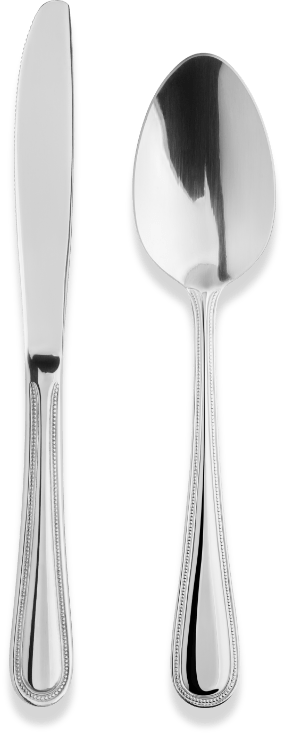


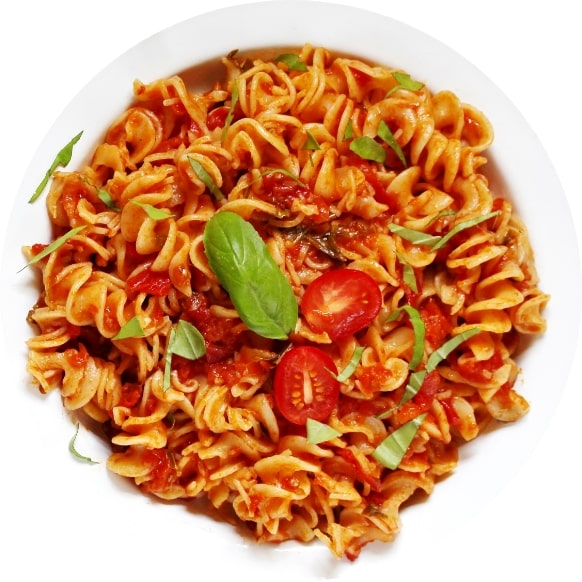
When we eat a simple pasta dish, it is by now clear that we are never just eating a simple pasta dish, but, symbolically, putting ourselves in conversation with a world of production practices and meanings, and with the history and individual human stories contributing to the creation of that dish.
Eating is an act that is agricultural, political, identity-based, revolutionary, sacred... But, above all, it is an act that puts us in conversation, in connection with ourselves and the Other.
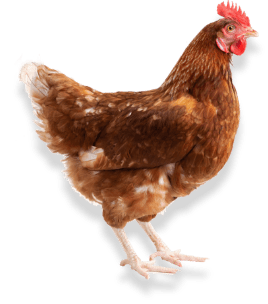

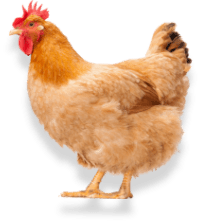
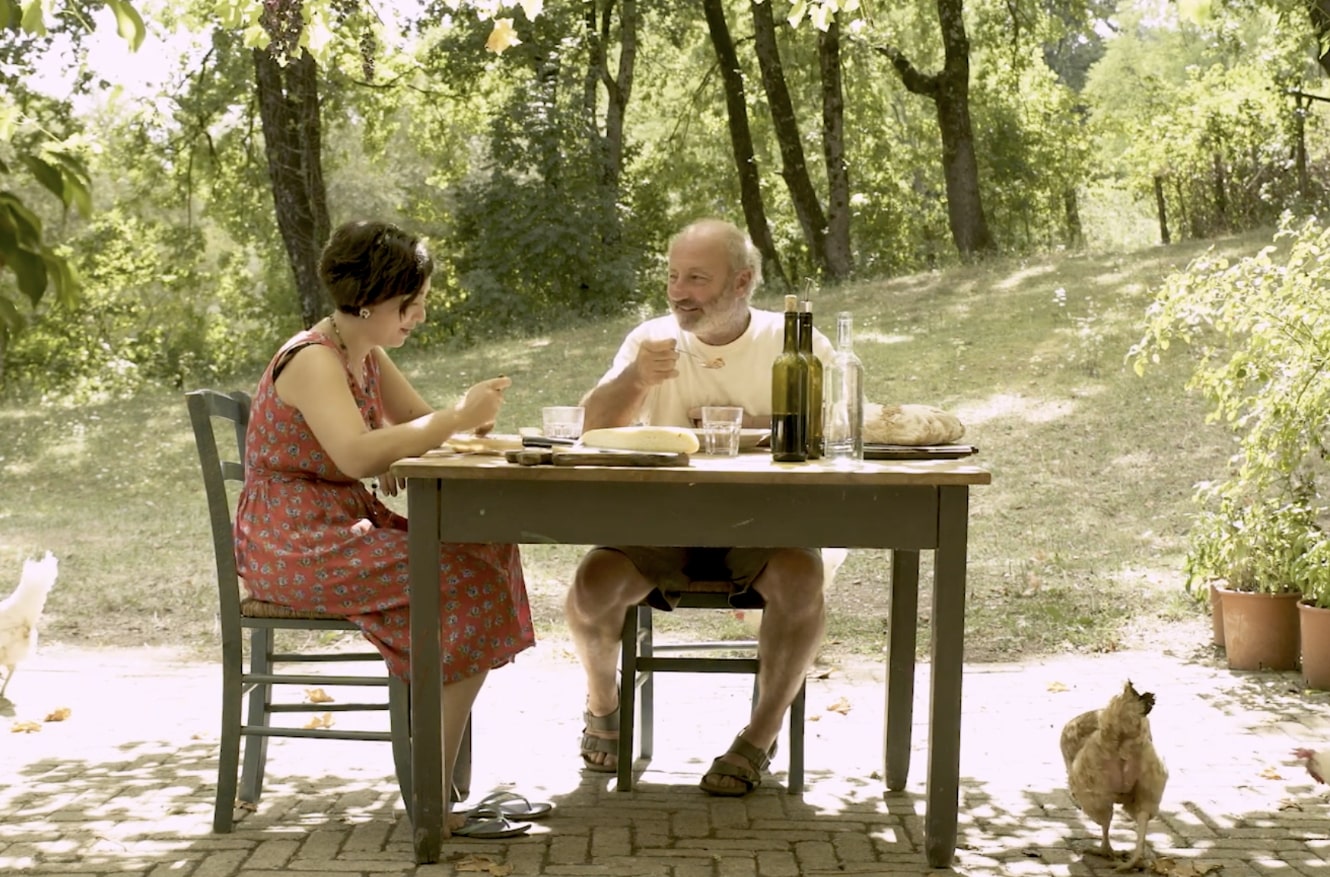
Images Credits:
- Giovanni Grande
Stop food waste! The Too Good To Go revolution, which unites business owners and consumers. Just one small click to make a big change.
A new ethical cuisine is born: passion for food meets respect for local raw ingredients. From Brazil comes the example of Michelin-starred chef, Alex Atala.
